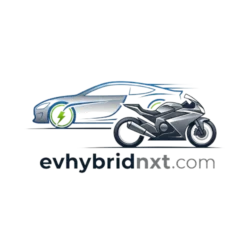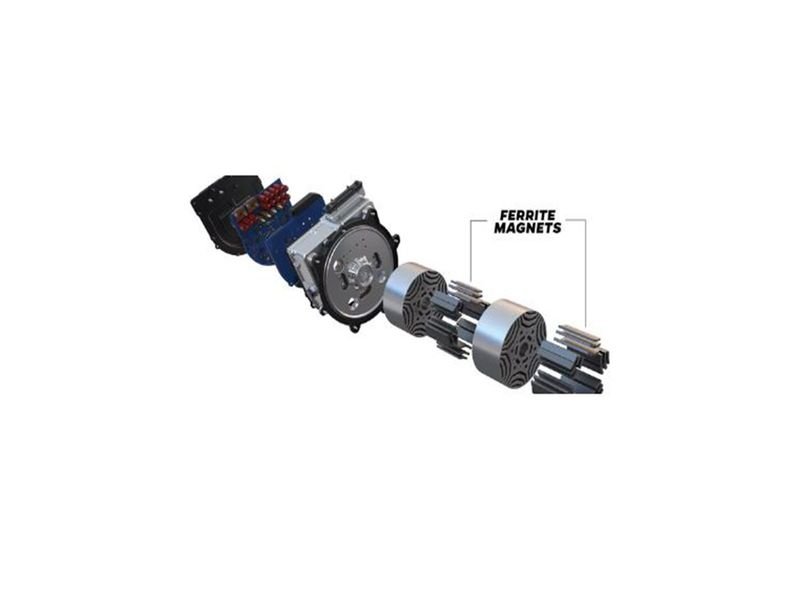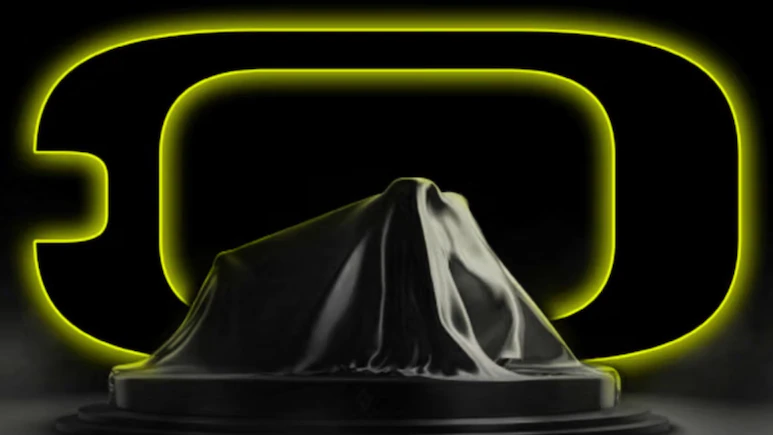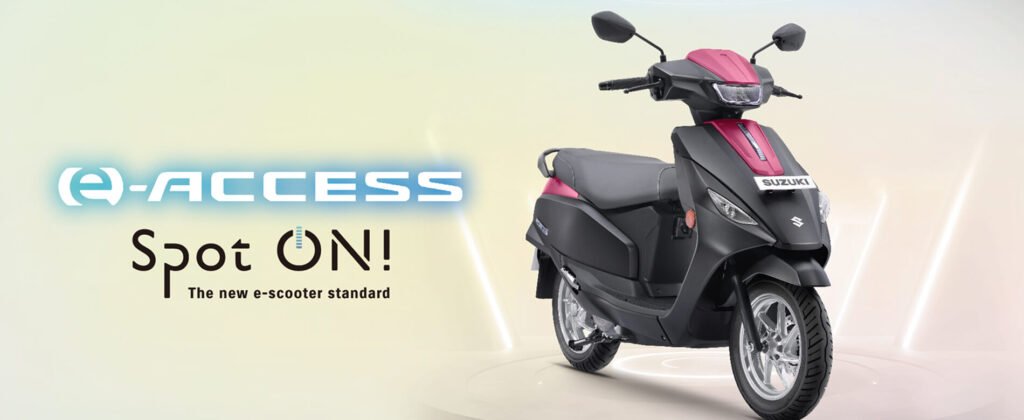In a landmark achievement for India’s burgeoning electric vehicle (EV) industry, Ola Electric has become the nation’s first automotive original equipment manufacturer (OEM) to secure government certification for an in-house developed ferrite motor that completely eliminates the use of rare-earth materials. This breakthrough, announced on October 6, 2025, fulfills a bold commitment made by the company earlier this year and positions India as a more self-reliant player in global EV technology.
At its annual “Sankalp 2025” event in August, Ola Electric pledged to design, build, and commercially produce a ferrite-based motor as a direct alternative to traditional rare-earth permanent magnet motors. “At Ola Electric, we’ve always believed that India’s EV revolution must be powered by technologies developed and manufactured here,” the company stated in its official announcement. True to its word, the certification from the Automotive Research Association of India (ARAI) validates the motor’s performance parity with rare-earth counterparts, marking a significant indigenous innovation.
Rare-earth elements, such as neodymium and dysprosium, are critical components in high-efficiency permanent magnet motors that power most EVs worldwide. However, their extraction and processing are dominated by a handful of countries, primarily China, leading to volatile supply chains, geopolitical risks, and escalating costs. Prices for these materials have surged in recent years due to demand spikes and export restrictions, threatening the affordability and scalability of EVs in price-sensitive markets like India.
Ola Electric’s ferrite motor sidesteps these challenges by leveraging abundant, domestically sourced ferrite materials—ceramic compounds made from iron oxide and other common elements. While ferrite motors have been used in industrial applications globally for decades, adapting them for automotive EVs requires overcoming hurdles in torque density, efficiency, and thermal management. Ola’s version reportedly delivers comparable power output and range, making it a viable drop-in replacement for existing EV drivetrains.
“By removing rare-earth dependence, we’re de-risking our supply chain, lowering costs, and strengthening India’s long-term technology independence,” Ola Electric emphasized. This move could slash motor production costs by up to 25-30%, according to industry estimates, enabling more competitive pricing for two-wheelers and potentially three-wheelers in Ola’s lineup.
The certification arrives at a pivotal moment for India’s EV ambitions. The government aims to electrify 30% of vehicle sales by 2030 under its FAME-III scheme, but supply chain vulnerabilities have been a persistent roadblock. Ola Electric’s innovation not only aligns with the “Make in India” initiative but also fosters deeper engineering expertise within the country.
“Ferrite motors aren’t new globally, but developing one indigenously that matches the performance of rare-earth permanent magnet motors is a major step forward for India’s EV ecosystem,” the company noted. With this approval, Ola plans to integrate the motor into its upcoming scooter models, starting with commercial production in the coming quarters. This could inspire other OEMs, such as Tata Motors and Mahindra, to accelerate their own rare-earth alternatives.
Bhavish Aggarwal, founder and CEO of Ola Electric, highlighted the broader vision in a post on X: “This certification marks another step toward building deep engineering capability and ensuring that our EV future is designed, developed, and manufactured in India.”
As Ola Electric ramps up production at its massive gigafactory in Tamil Nadu, the ferrite motor could play a starring role in achieving the company’s goal of 10 million annual EV units by 2030. Beyond cost savings, the technology promotes sustainability by reducing reliance on environmentally taxing rare-earth mining, which often involves toxic chemicals and habitat destruction.
Industry analysts view this as a game-changer. “Ola’s ferrite motor certification is a testament to India’s growing prowess in EV R&D,” said an expert from the Society of Indian Automobile Manufacturers (SIAM). It also signals to global investors that India is serious about building a resilient, homegrown EV supply chain.



